detail profile edgar p c3 aara
Peran Yang Di Mainkan Edgar Pêra
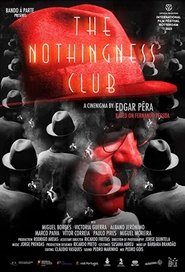 Pessoa famously published under many heteronyms...
Pessoa famously published under many heteronyms...The Nothingness Club 2023
Pessoa famously published under many heteronyms: around 75 different names, each with fully fleshed-out backgrounds, styles, appearances and philosophies. Taking this a step further, Não Sou Nada gives flesh to these characters, all working together under Pessoa, enacted by Miguel Borges, at the publishing house The Nothingness Club.
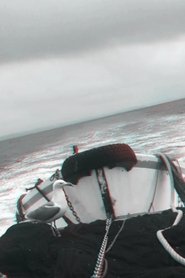 Oh salty sea how much of...
Oh salty sea how much of...Portuguese Sea 2018
"Oh salty sea, how much of your salt / Are tears of Portugal! / To get across you, how many mothers cried, / How many sons prayed in vain! // How many brides were never to marry / In order to make you ours, oh sea! / Was it worth it? Everything is worthy / If the soul is not small." (Fernando Pessoa)
 Joo is a writer who one...
Joo is a writer who one...Inside Out 2014
João is a writer who one day wakes up suffering from a bout of selective amnesia: he can't remember that he's gay. So he decides to reject his partner of five years and he plunges into a new, unexpectedly hetero life. But, as the saying goes, it never rains but it pours: João also has a creative block, and is incapable of finishing his latest novel. Isabel, his rival in the literary world, is suffering from a similar case of writer's block. After a night spent together, Isabel steals João's novel and tries to publish it as her own.
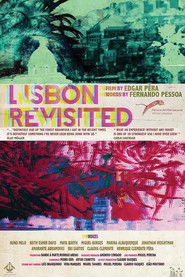 A dreamlike journey seen through the...
A dreamlike journey seen through the...Lisbon Revisited 2014
A dreamlike journey seen through the eyes of a trans-human as well as a kino-symphony of voices from the multiple personas of Fernando Pessoa, Lisbon Revisited shows alternative ways of looking at and hearing the city. Celebrating its greatest phantom and confronting his ambiguous and pervasive sexuality, the film is spoken in the three languages in which Pessoa wrote, Portuguese, English and French.
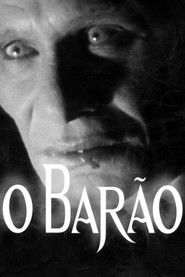 A school inspector travels to the...
A school inspector travels to the...The Baron 2011
A school inspector travels to the baron’s fiefdom to write a report on a heathen teacher. Having arrived, he is invited to stay with the baron, who makes predictions about women, horses and politics while the mysterious Idalina serves food and drink. The inspector becomes inextricably entangled in the baron’s world.
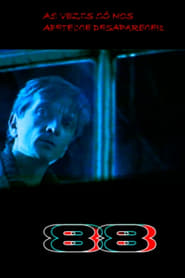 A 14yearold kid addicted to videogames...
A 14yearold kid addicted to videogames...88 2002
A 14-year-old kid, addicted to videogames, goes with his parents to a shopping mall and separates from them to go to a game store called UTOPYA. He doesn't come back. His parents get in despair, and his father tries everything he can to bring him back.
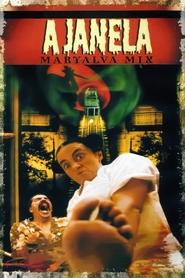 An experimental and surreal film a...
An experimental and surreal film a...A Janela (Maryalva Mix) 2001
An experimental and surreal film, a mix of weird and unusual "avant-gard" cinematography with some traditional icons of the Portuguese culture, like Fado or the typical neighbourhoods of Lisbon, in this case the "Bica" is a typical neighbourhood which is used as setting to the plot.
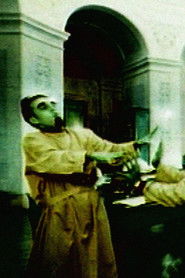 Manual of Evasion LX94 is a...
Manual of Evasion LX94 is a...Manual of Evasion LX94 1994
“Manual of Evasion LX94” is a thought-provoking Dadaist film about time by the Portuguese director Edgar Pêra. It was shot in Lisbon in 1994 and stars Terence McKenna, Robert Anton Wilson and Rudy Rucker. Time is explored from many unusual angles, while Pêra fills the screen with a wide variety of bizarre and mind-warping imagery.
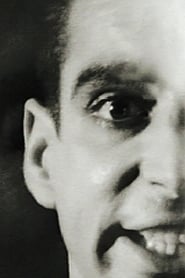 A portrayal of Futurist artist Jos...
A portrayal of Futurist artist Jos...SWK4 1993
A portrayal of Futurist artist José de Almada Negreiros, who said: "I wanted others to say of me: 'Look, a man!' The same way they say: 'Look, a dog!' when a dog passes by; or how you say: 'Look, a tree!', when there is a tree. Which means as an entity, without the use of adjectives, only as one whole: A man!"
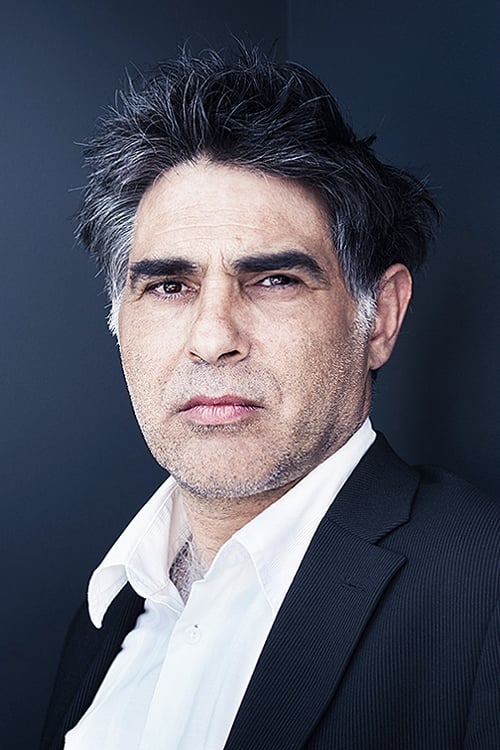
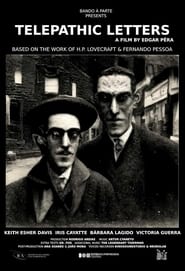 Lovecraft and Pessoa were among the...
Lovecraft and Pessoa were among the...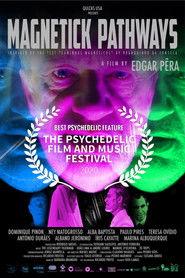 During a night of humiliation Raymond...
During a night of humiliation Raymond...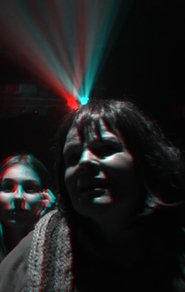 A bunch of spectators trapped in...
A bunch of spectators trapped in...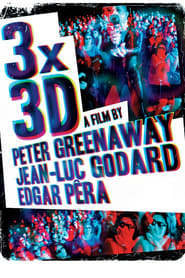 A triptych of short stereoscopic films...
A triptych of short stereoscopic films...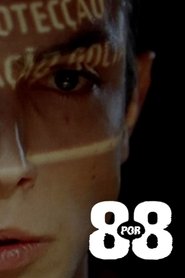
 A story about character created by...
A story about character created by...